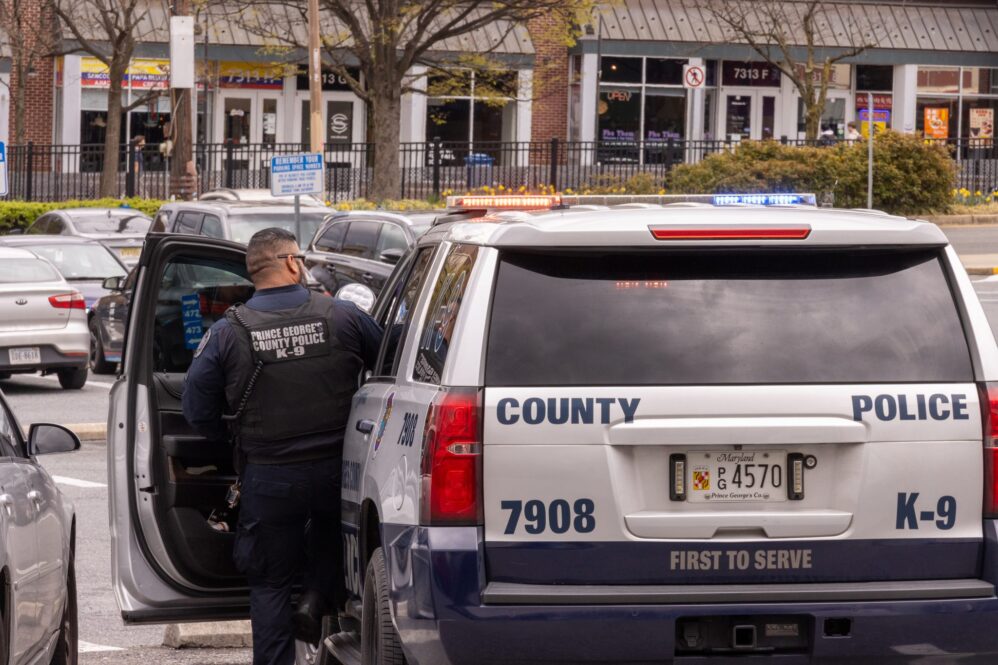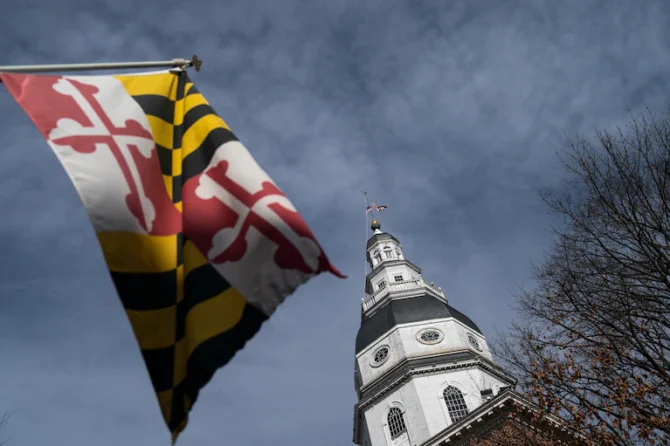DBK NEWS: The Prince George’s County Council unanimously passed a bill Tuesday limiting the locations for new cannabis dispensaries in the county to specific industrial and commercial zones.
Industrial zones include areas of employment, research and development, while commercial zones include retail spaces. In addition to limiting locations, the bill — CB-013 — establishes that cannabis dispensaries must be at least 1,000 feet away from other dispensaries and at least 2,000 feet away from liquor stores.
Currently, Maryland state law mandates cannabis dispensaries be at least 1,000 feet away from each other and at least 500 feet from childcare centers, playgrounds and schools, among other facilities.
District 2 council member Wanika Fisher, one of the bill’s 11 sponsors, said the bill is designed to prevent an oversaturation of dispensaries in the county.
“I felt like the cannabis industry was being punished … because of the bad experiences around liquor and smoke shops in our county,” Fisher said. “It’s important to have lessons learned.”
Fisher said she proposed the bill after a county council bill that would force cannabis dispensaries to only operate in industrial zones failed in 2023.
Regulating cannabis dispensaries into only industrial zones would create an undue burden on owners, Fisher said.
While CB-013 was passed on Tuesday, the bill could be rendered ineffective due to a Maryland General Assembly bill passed on April 5.
The Maryland General Assembly bill, which is awaiting the signature of Maryland Gov. Wes Moore, would prohibit Prince George’s County from implementing restrictions on cannabis dispensary zoning stricter than the state’s law.
District 1 council member Tom Dernoga said in a March planning, housing and economic development committee meeting that the bill and its amendments are “pointless” due to the state law.
Despite the state bill, several Prince George’s County community members voiced support for the bill passed in the county council Tuesday.
Eddie Pounds, an attorney representing a local cannabis dispensary operator, said the bill will provide more opportunities for the county’s dispensary owners.
The bill will help provide economic development and freedom for the industry, Pounds said during Tuesday’s county council meeting.
Pounds said that the current bill is less restrictive than the 2023 county council bill, despite enhancing requirements around liquor stores.
“We’re very appreciative of the fact that this bill does open it up, but it does narrow the options when you have the setback requirements from liquor stores,” Pounds said in a March planning, housing and economic development committee meeting.
Shanetha Marable-Lewis, the executive director for Veterans Initiative 22 — a nonprofit that provides support to veterans and advocates for access to affordable cannabis — shared similar concerns in the meeting about the liquor store requirements, but ultimately supported the bill.
The bill will allow for safe consumption for veterans, she said.
“We support access for not only those who consume cannabis but also to those who are looking to enter the industry by removing unnecessary barriers and undue burdens upon potential new licensees to secure a location,” Marable-Lewis said.
Moving forward, Fisher hopes the bill will help spur economic growth within the county.
“I am really proud to see us all work together for the betterment of Prince George’s County and the economic development of black and brown communities,” Fisher said.









